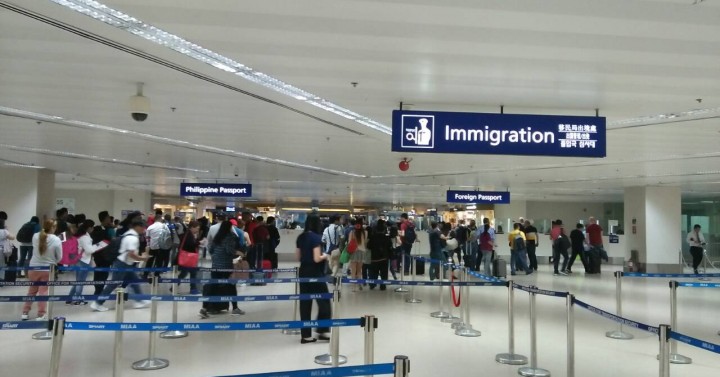
MANILA — Several bills that focused on modernizing the Bureau of Immigration (BI) were discussed by the House Committee on Justice on Wednesday.
According to Immigration Commissioner Joel Anthony Viado, the Philippines’ existing immigration laws are rooted in the Commonwealth and World War II eras, necessitating the BI’s modernization.
According to Viado, updating the BI will “strengthen our borders but at the same time makes sure that the Philippines is a welcoming destination.”
One modernization bill’s key features include bolstering border security and establishing specialized intelligence and enforcement agencies that “will allow to detect threats early and more effectively.”
Additionally, the measure aims to assist with electronic departure and arrival cards, electronic visas, and updating the system for classifying visas.
Commissioner Viado highlighted the challenge of balancing stringent security protocols with ease of entry, especially as the Philippines aims to boost tourism and foreign investment post-pandemic.
“The proposed modernization bills directly address these urgent needs. They envision a Bureau of Immigration that is efficient in service delivery, empowered by modern technology, strengthened by intelligence and law enforcement capacity, and aligned with ASEAN and global standards,” Viado stated.
The reforms also promise improved inter-agency coordination, enabling BI to work more closely with other government bodies such as the Department of Foreign Affairs, the Philippine National Police, and international counterparts.
“It is now imperative that our immigration system keep space,” he stated.
Lawmakers expressed broad support for the initiative but emphasized the importance of careful implementation to avoid disruptions.
The House Committee is expected to hold further consultations with stakeholders, including airline operators, immigration lawyers, and representatives from the tourism sector.
Experts believe these reforms could significantly reduce processing times for travelers, enhance the country’s reputation as a business-friendly destination, and tighten controls against illegal entries and human trafficking.
The modernization of the Bureau of Immigration is seen as a critical step in adapting the Philippines to the realities of 21st-century global mobility and security threats.







